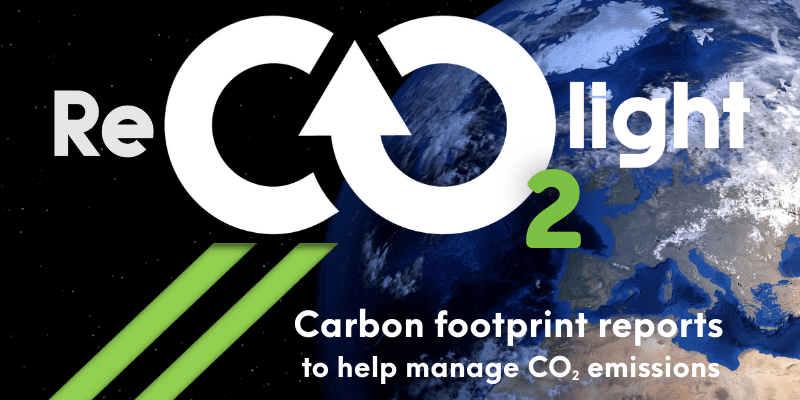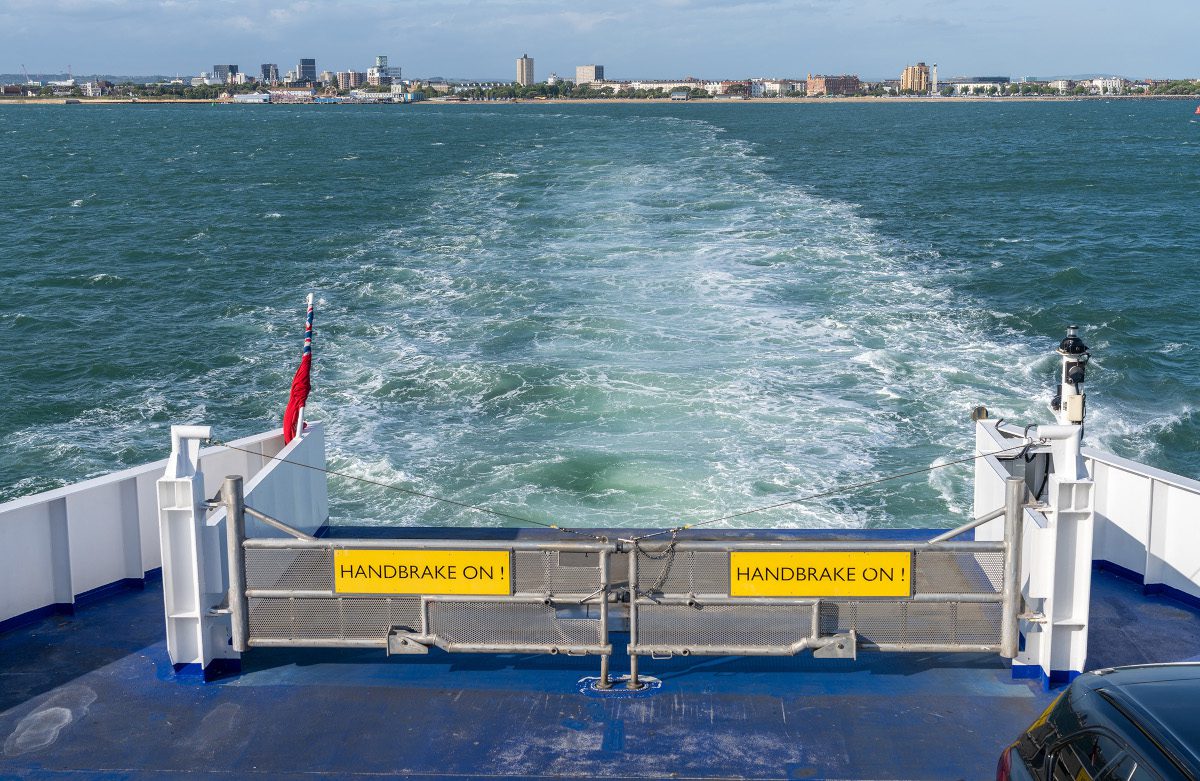A new report summarizes a nine-month investigation of large UK organisations’ progress in addressing decarbonisation in their operations and supply chains – finding that very few feel on top of the reporting requirements for Scope 1, 2 and 3 emissions.
It was carried out by employer commute emissions solutions provider Mobilityways.
The ‘Road to Net Zero Study’ gathered feedback from senior sustainability decision makers in companies in the financial services, construction, healthcare, higher education and local government sectors, most with more than 1,000 employees each.
It attempts to investigate the challenges which more than 300 heads of sustainability, transport, operations and facilities management are currently wrestling with as they try to capture their firms’ carbon emissions across Scope 1, 2 and 3, and then report their decarbonisation journeys meaningfully.
It asks for their views on a range of different reporting systems in use – exploring their concerns about the accuracy and comparability of current measurement systems. It also probes the level of benchmarking already in place to help firms compare their performance and emissions reduction records with peer group organisations.
The study also gathered data about the level and extent of employee commute emissions reporting being done so far – exploring any plans to encourage staff to select greener alternatives including car sharing, active travel, and use of public transport.
Just 1.5% feel on top of all Scope 1, 2 and 3 reporting
Just 1.5 per cent of the organisations with more than 1,000 staff felt they had ‘a strong handle on all our Scope 1, 2 and 3 reporting systems and processes’. Less, just one per cent of businesses with 501 to 1,000 employees, felt they were on top of all Scope 1, 2, and 3 emissions reporting systems and processes, the Mobilityways report uncovered.
Scope 3 reporting implementation is only halfway complete
Just over half (55 per cent) of the largest UK enterprises who had begun Scope 3 reporting implementation had already ‘studied the impact of our products after use and used this data to redesign how we make our products’. Slightly less, 53 per cent, had ‘audited all their suppliers’ emissions data to verify accuracy using a single universal reporting framework’.
Just over 50 per cent had ‘worked out a way of measuring Greenhouse Gas (GHG) emissions from employee commutes to and from their place of work’. Under half (47 per cent) had completed analysis of ‘all our suppliers and asked them to provide us with relevant emissions data regularly’.
Lack of reporting standardisation proves big concern
The lack of standardisation for weighting and measuring emissions performance, especially with regards to Scope 3, was the most significant concern with the environmental performance reporting systems firms were using, as clear evidence emerged of a spaghetti soup of different ESG reporting frameworks, standards and sector certification systems being applied across many large organisations.
56 per cent of 1000+ employee firms cited this lack of standardisation for Scope 3 reporting as a top concern. While just over half (52 per cent) of these largest firms were having difficulties turning all the emissions data into actionable insights, admitting ‘we don’t really know the story behind the numbers’ yet.
Data accuracy still a concern, especially for supply chain data
Just under half (49 per cent) of large companies expressed concern about the accuracy of existing environmental performance scoring and ratings systems they were using. Meanwhile, 47 per cent recorded ‘gaps in provision of our (own) organisation’s and (their) suppliers’ environmental performance records’.
Scope 3 benchmarking proving harder than Scope 1 & 2
In terms of Scope 3 benchmarking, it was clear that the large UK companies were finding it much more difficult to check their performance against sector averages across all key factors than smaller firms with 501 to 1,000 employees.
For example, only 61 per cent of those largest companies were capable of comparing their employee commute emission results with sector averages. Meanwhile, amongst firms employing between 501 and 1,000 staff that had implemented Scope 3 reporting already, 79 per cent were already capable of benchmarking their emissions reduction performance for employee commuting.
There is still some reticence associated with addressing Scope 3 indirect emissions. Yet those firms that have begun to tackle this work head on are finding there are massive emissions reductions to be realised. Mobilityways also found that sustainability chiefs calculated that, on average, they expected that 38 per cent of total emissions would be attributed to Scope 3 emissions.
That looks like a significant underestimate: authoritative studies have found Scope 3 emissions can account for as much as 85 per cent of their total emissions in some global organisations.
Julie Furnell, Managing Director of Mobilityways, said:
“Mobilityways’ Road to Net Zero Study’s findings show that less than two thirds of the largest organisations have begun implementing Scope 3 reporting, and those that have begun doing so are only about halfway through working out how to collect and evaluate all the data they need.
“Settling on the right reporting systems for both them and their value chains is also proving tricky. Many organisations are using a range of reporting systems in parallel to suit the needs of different stakeholders they need to report to. They’re midway through a complex journey to gather the right data and report it in a universally comprehensive manner.
“However, the key point remains that companies can reduce their Scope 3 emissions very rapidly by addressing Upstream Scope 3 categories such as employee commute emissions which are more in their control than many of their suppliers’ decarbonisation initiatives.”
The Executive Summary can be read and full report downloaded here: https://www.mobilityways.com/insights/road-to-net-zero-study
















